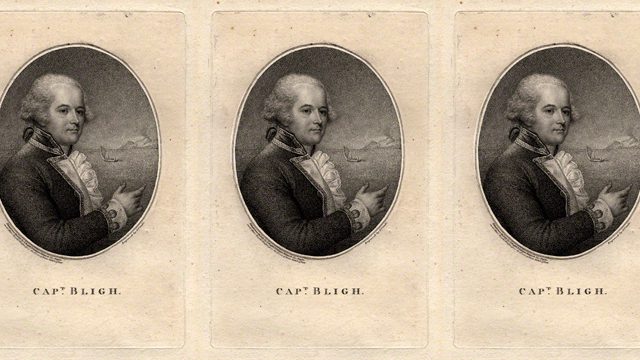The gentle art of working with Local Government in Victoria
By Angus Nicholls
Recently we have had occasion to provide some strategic advice on interacting with Local Government in Victoria. As a former Councillor, it gave me pause to reflect on my time in Local Government and to question why more organisations do not adopt a similar approach to engaging at the local level to that used when dealing with State and Federal Governments.
The sensible conclusion I can reach is that there is a symbiotic relationship of disappointment (applicant) and inaction (Local Government), culminating in a lack of respect (mutual).
Let me explain.
Having sat on both sides of the fence, so to speak, I have experienced first-hand both the political play to the lowest common denominator (i.e. taking the populist approach to decision making with the view that “it will end up in VCAT anyway”); as well as the “What’s the point in engaging? These people (Councillors) don’t give a damn about making the right decision.”
The root cause of this malaise I attribute to Local Government being able to “outsource” unpopular decisions to another responsible authority (generally VCAT). That said, I do not think that those seeking positive results from local council’s have sufficiently engaged with Councillors.
My experience to date has generally seen Council interaction laid off to “paid professionals” and left at that. This is only half the job done. These professionals may be subject matter experts, however they only operate at an official’s level and are rarely tuned in to the local political subtleties that exist in all Councils. They also miss the reality that there is usually a lack of information sharing between officials and Councillors in the lead up to a decision. This effectively means that the preliminary work is being carried out in a vacuum, and if Councillors do not agree with the path that is being followed they are most likely to kill the decision.
It is our opinion therefore that it is of paramount importance to get good advice about what is going on within Local Government, and to ensure that there is appropriate political engagement. This could be as simple as having a cup of coffee with Councillors to make them aware, and keep them informed, of where any given proposal is at over the course of its life (updates should occur after Councils have made their decision to build deeper and more meaningful relationships).
Most importantly such engagement provides the opportunity to understand where local sensitivities are and to develop measures that can mitigate them. By adopting such an approach and demonstrating a willingness to adapt to the local environment, it generates a partnership in the enterprise, with the associated benefit of making rejection all the more unlikely.
In summary, we here at ICG believe that sound professional advice combined with decision-maker-to-decision-maker interaction is a critical element in properly engaging with Local Government and achieving the goals you seek in a timely and straightforward manner.


